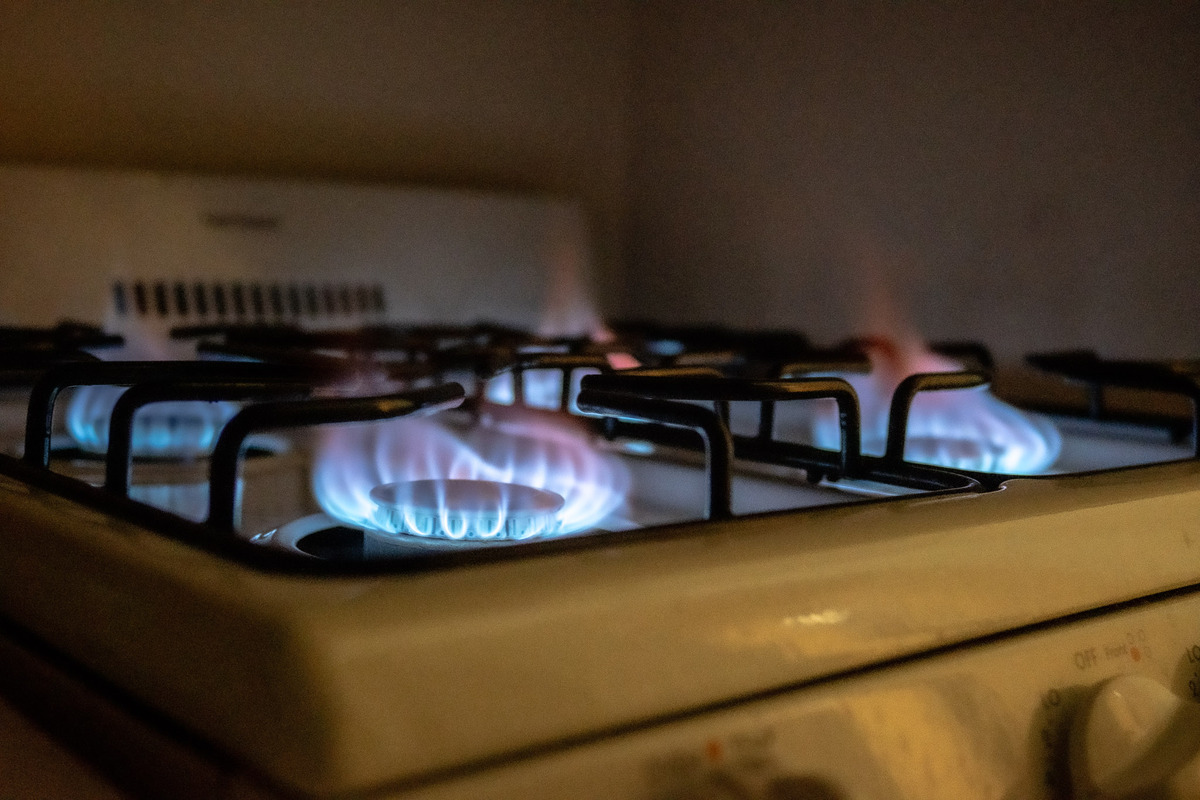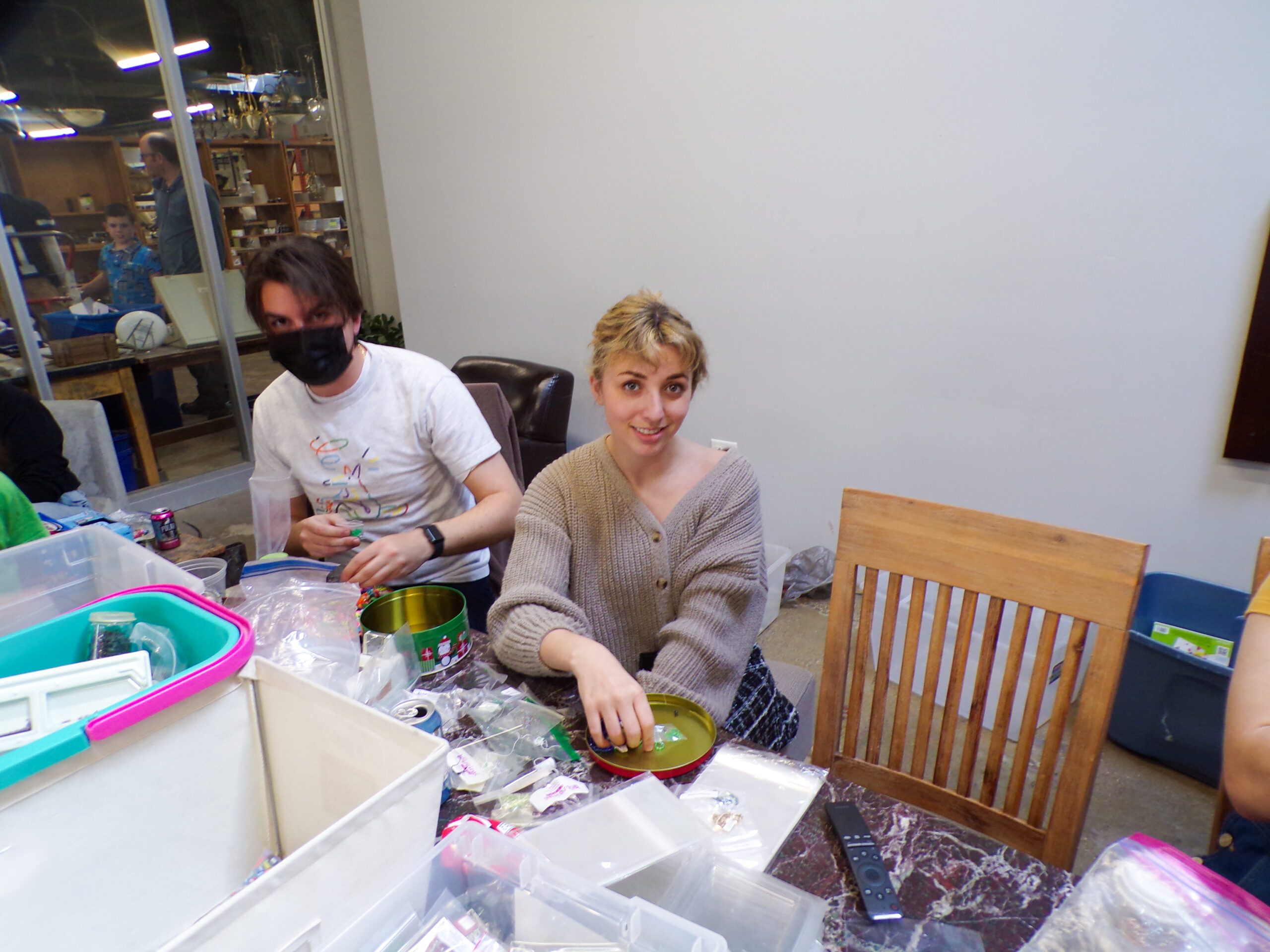Alderwoman of the 49th Ward Maria Hadden introduced The Clean and Affordable Buildings Ordinance Jan. 24 which aims to mitigate carbon emissions by implementing emission standards on new buildings. Natural gas stoves would fail to meet the standards, banning them from future construction projects.
Alderwoman of the 49th Ward Maria Hadden introduced The Clean and Affordable Buildings Ordinance Jan. 24 which aims to mitigate carbon emissions by implementing emission standards on new buildings. Natural gas stoves would fail to meet the standards, banning them from future construction projects.
The ordinance has some exceptions which these standards wouldn’t apply to including commercial kitchens, hospitals and healthcare centers.
Chicago’s existing building stock is responsible for 68% of carbon emissions in the city making up a majority of the city’s carbon footprint, according to The Illinois Green Alliance, a non-profit with a focus on promoting green buildings.
Leslie Perkins, Hadden’s chief of staff and policy director for Chicago City Council’s Committee on Environmental Protection and Energy, said this ordinance has a specific focus on preventing future emissions in Chicago and is a small step in the right direction.
“We’re taking proactive efforts in order to curtail our dependency on fossil fuels and really address climate change here in the city of Chicago,” Perkins said.
The efforts initially began under former mayor Lori Lightfoot, but the legislature was never introduced. Hadden became chair for the Committee on Environmental Protection and Energy in June where she discussed reintroducing the ban and continuing the committee’s efforts.
The standards have a focus on reducing carbon emissions, but Perkins said the ordinance is also expected to have economic benefits as jobs are created to help switch to a green economy.
Clean energy jobs in Illinois increased 3% in 2022 to 123,000 and are expected to continue growing, according to a Clean Jobs Midwest report which collects annual data on clean energy employment. The report also said Chicago is the biggest Midwest clean energy hub with over 85,000 jobs in the sector.
“The state of Illinois and Chicago is poised to have one of the most robust green economies in the country,” Perkins said. “We can really serve as an example to other states for how we can create that strong economy.”
The ongoing concern for the use of gas stoves not only stemmed from environmental concerns but also health risks, according to Perkins. She said the emissions from gas stoves have been linked to cancer as well as childhood asthma.
Gas stoves can cause indoor air pollution and harm respiratory health in nearly 40% of American households, according to data collected by the U.S. Energy Information Administration.
Perkins said she thinks this ordinance will push Chicago in a positive direction by not only working towards decarbonization efforts but also addressing the health risks that come along with natural gas stoves.
Chicago’s recent efforts made it the newest city to begin this initiative, following cities like Seattle, San Francisco and New York City which have implemented legislation banning natural gas stoves, according to the Associated Press.
Efforts have also begun on the national level as President Joe Biden proposed new energy-efficient standards for residential kitchen appliances Feb. 1. The U.S. Department of Energy drafted the standards calling for moderate improvements in the efficiency of appliances which are predicted to lower American’s utility costs by $1.6 billion over 30 years.
Despite the growing efforts across the country, banning gas stoves has ignited significant national backlash, according to the Associated Press. Perkins said she thinks it can be attributed to a belief that gas is more reliable than the electric grid. While she understands the concerns, Perkins said the electric grid is advancing and becoming more reliable.
“We have seen a lot of investments in the grid even before this,” Perkins said. “Specifically those investments are coming with anticipation that there’s going to be a transition to electrification.”
Perkins said the transition to electrification is going to be gradual and she is confident that Chicago’s electric grid will be equipped to handle more electricity-powered buildings.
Senior Emma McBride, a double-major in computer science and environmental science, said she hopes Chicago officials continue to listen to the community when drafting environmental legislation.
Featured image by Aidan Cahill / The Phoenix












